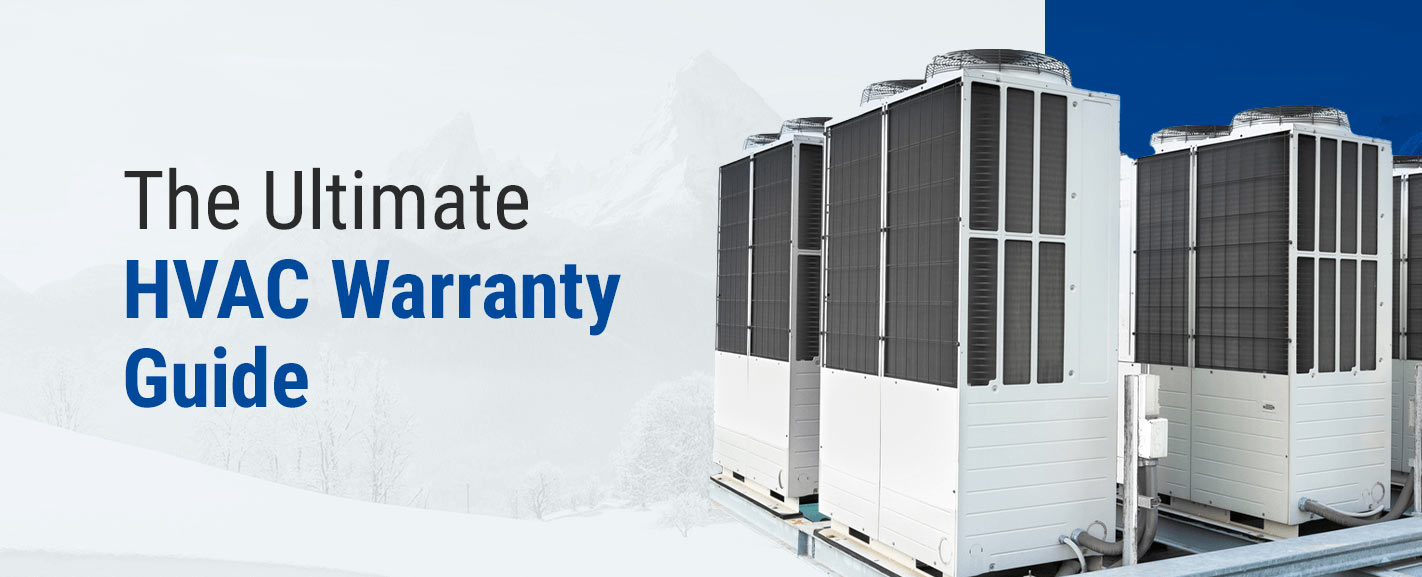When it comes to renting an apartment, renovating a home, or even creating a space like a tiny home, a garage, a man cave, or a she-shed, it's likely that an HVAC unit has made your life more comfortable at some point. In most places, heating or cooling is necessary for a good portion of the year, and in some cases, the HVAC unit needs to run every single day.
Due to the fact that an HVAC unit is used daily, it's important to understand the different types of warranties available. That's why we've put together this ultimate HVAC warranty guide to help you select the best plan for your lifestyle.
Why is a warranty so important?
Well, most manufacturers and appliance companies offer warranties on their products to give buyers peace of mind. This way, you don't have to worry about any faulty parts or incidents with your new appliance. Plus, if you expect to use your HVAC unit consistently, a warranty can save you time and energy in the long run.
When it comes to HVAC warranties, there are two main types: one for parts and equipment and one for labor. Parts and equipment warranties usually cover ten years, while labor warranties generally cover two years. Additionally, you can opt for an extended warranty if you need more coverage. However, there are some exclusions to keep in mind. For example, parts that require regular maintenance (think filters, capacitors, etc.) are less likely to be covered. Plus, if the HVAC unit is located in a home, the warranty may not transfer when the property is bought and sold.
If you want to know what type of warranty your HVAC unit has, you can check the documents and manuals from installation, search the manufacturer’s website, or ask your HVAC professional for assistance. Additionally, you may be asked to send in a broken part if you have a warranty that covers the repair cost. This is simply a way for the manufacturer to confirm the part is faulty and determine who is responsible for the payment.
Finally, homeowners insurance generally won't cover air conditioners, as it only covers emergency costs. However, you can always file a claim if your unit is damaged by a fire, water, theft, or some other uncertain circumstance.
Home warranties are sometimes offered when a home is bought and sold. These contracts usually cover appliances and last for a year, but they don't cover weather-related damages. Repairs are also typically handled by less experienced technicians, and the homeowner doesn't have a choice over who works on their unit.


